
As deadly attacks target female students, judges and journalists, 101 East travels to Afghanistan to investigate the assassinations.
You May Also Like
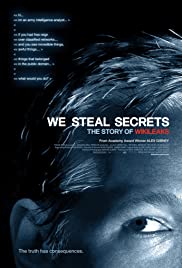
Julian Assange. Bradley Manning. Collateral murder. Cablegate. WikiLeaks. These people and terms have exploded into public consciousness by fundamentally changing the way democratic societies deal with privacy, secrecy, and the right to information, perhaps for generations to come. We Steal Secrets: The Story of WikiLeaks is an extensive examination of all things related to WikiLeaks and the larger global debate over access to information.
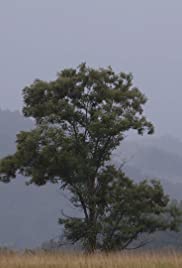
More people are imprisoned in the United States at this moment than in any other time or place in history, yet the prison itself has never felt further away or more out of sight. This is a film about the prison in which we never see an actual penitentiary. The film unfolds a cinematic journey through a series of landscapes across the USA where prisons do work and affect lives, from an anti-sex-offender pocket park in Los Angeles, to a congregation of ex-incarcerated chess players shut out of the formal labor market, to an Appalachian coal town betting its future on the promise of prison jobs.
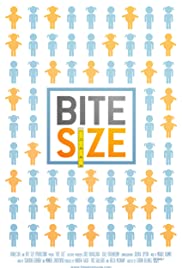
“Bite Size” follows the year long journey of four children struggling with obesity.

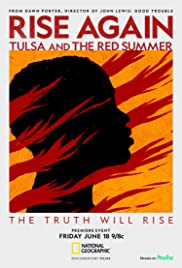
Comes one hundred years from the two-day Tulsa Massacre in 1921 that led to the murder of hundreds of Black people and leaving thousands homeless and displaced.

STATE OF FEAR takes place in Peru, yet serves as a cautionary tale for a world engaged in a “global war on terror.” It dramatizes the human and societal costs a democracy faces when it embarks on a “war” against terror, a “war” potentially without end, all too easily exploited by unscrupulous leaders seeking personal political gain.

Broadway Idiot follows Green Day’s Billie Joe Armstrong from a punk rock concert at Madison Square Garden to the opening of his musical American Idiot on Broadway – only ten blocks away, but worlds apart. From behind the curtain share in the crazy journey of turning the mega-hit album into a punk rock musical – and ultimately see how the world of theater transformed Billie Joe.
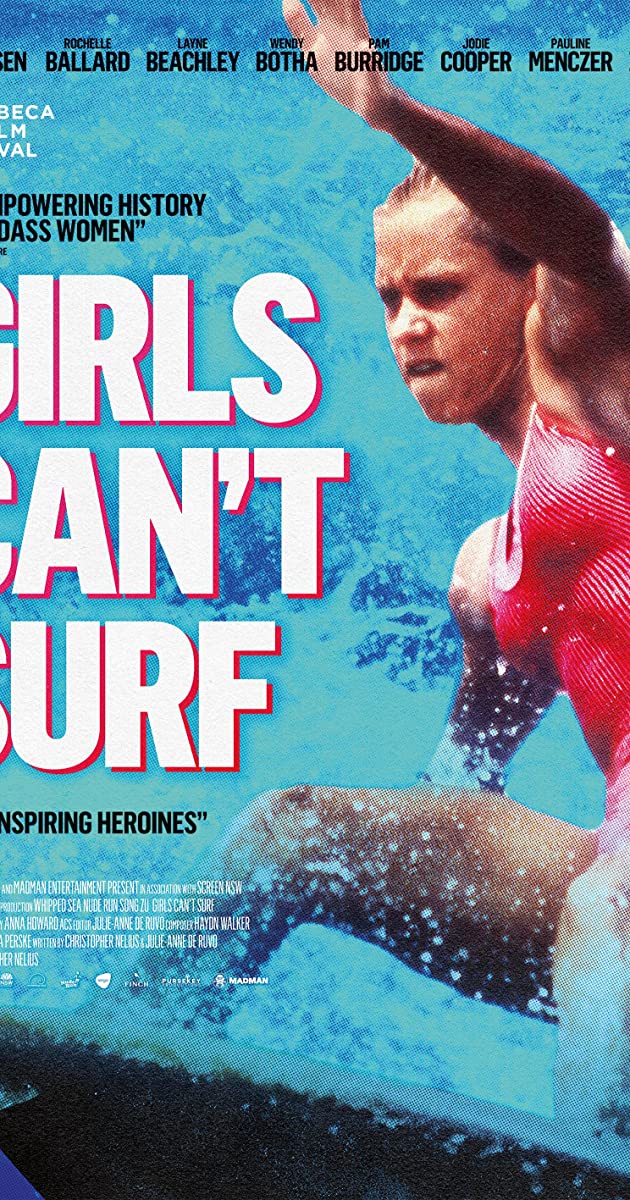
It’s the 1980s and the world of professional surfing is a circus of fluorescent colors, peroxide hair and radical male egos. “Girls Can’t Surf” follows the journey of a band of renegade surfers who took on the male-dominated professional surfing world to achieve equality and change the sport forever. Featuring surfing greats Jodie Cooper, Frieda Zamba, Pauline Menczer, Lisa Andersen, Pam Burridge, Wendy Botha, Layne Beachley and more, “Girls Can’t Surf” is a wild ride of clashing personalities, sexism, adventure and heartbreak, with each woman fighting against the odds to make their dreams of competing a reality.
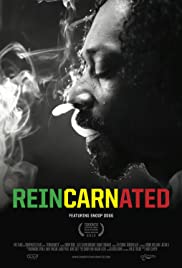
Evolution as an artist is often times what separates legends from the more mundane. After being heavily influenced by his experience in Jamaica – and his subsequent name change from Snoop Dogg to Snoop Lion – the LBC showman prepares his latest reggae-infused album Reincarnated. As part of the process, VICE followed Snoop to the island nation as he recorded various songs with backing from Diplo, Ariel Reichtshaid and Dre Skull of Major Lazer. Having grown tired of what rap provided him, the documentary reveals the rebirth and inspiration for his latest project.

A semi-fictional correspondence between two women: one goes to Iran in 1979 to topple the Shah; the other experiences the onerous years of Ceaușescu’s Romania. Their biographies run in parallel via images of everyday life and videograms of revolution.
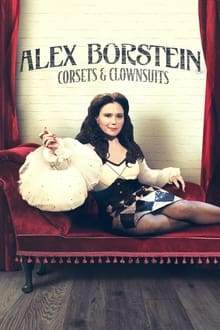
Alex Borstein performs a music-infused stand-up special from The Wolford Theatre.

Hull, England, 1970. In a run-down commune in a tough port city, a group of social misfits – mostly working class, mostly self-educated – adopted new identities and began making simple street theater under the name COUM Transmissions. Their playful performances gradually gave way to work that dealt openly with sex, pornography, and violence. COUM lived on the edges of society, surviving on meager resources, finding fellowship with others marginalized by the mainstream. At the core of the group were two artists, Genesis P-Orridge and Cosey Fanni Tutti. As their work evolved, Cosey embarked on a career modeling for pornographic magazines, which she claimed for herself as a conceptual artwork, using it to forge a specific position in relationship to 1970s feminism. In performances, Genesis pushed himself to extremes, testing the limits of the human body.